No rows to show
Tanzania / East Africa
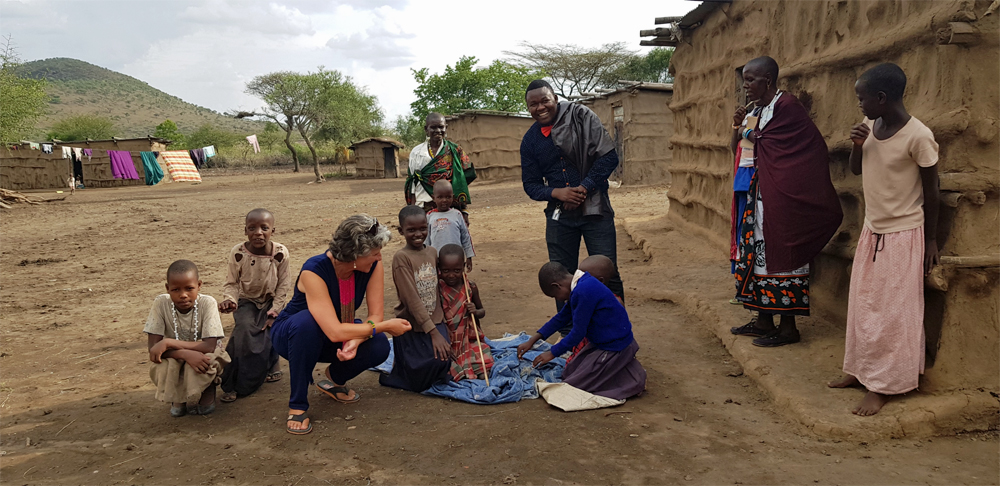
Tanzania is a country in East Africa. The form of government is the presidential republic. Besides the religions Christianity and Islam, tribal customs are very common. The population is young. Approximately 50% are under the age of 15, and the normal age of death is from the mid-60s. It is almost 3 times larger in area than Germany. Tourists come here to go on safaris in the unique nature parks, such as the Serengeti, to climb the highest mountain in Africa, Kilimanjaro, or to relax on the dream island of Zanzibar in the Indian Ocean. There are also mineral resources here. The blue tanzanite, for example, is much more valuable than diamonds.
Africa could theoretically be a rich continent, but it is one of the poorest in the world.
Besides a few wealthy families, most live “hand to mouth.” With the meager means at their disposal, they have had to become true lifers in order to survive.
Unemployment is very high. Due to poverty, almost half of the children are malnourished or undernourished. Families usually earn too little money to provide schooling for all children.
Therefore, only a few, mostly boys, have this privilege. The others stay at home and thus remain uneducated all their lives. These are the reasons for child labor, early marriages and rapid growth of the socially deprived population rate.
For the year 2022, the total population of Tanzania is predicted to be about 61.5 million inhabitants, in 2026 already 71.24 million inhabitants.
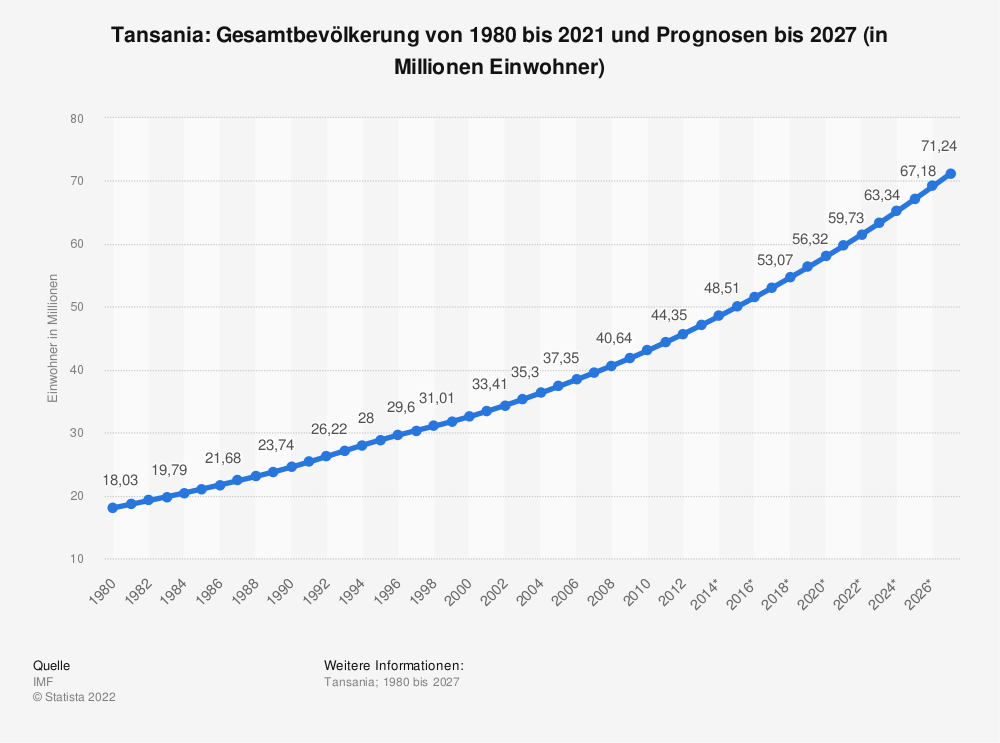
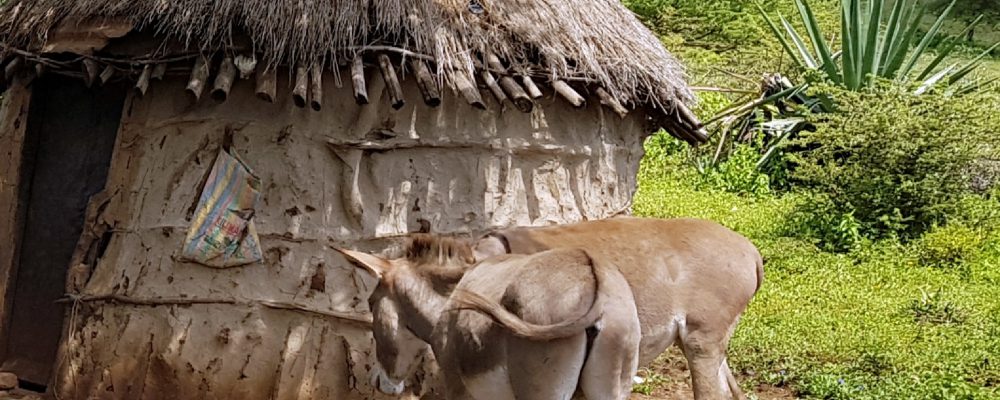
Many villages are located away from any civilization. People there live only on the bare necessities, often without electricity and water. Women have no possessions, do the physically hard work and as girls they often have children themselves at the age of 14.
Many villagers are unaware of progress and live according to old, familiar traditions. For example, female circumcision is still practiced today, although it is forbidden by law.
School education is very rare here. Either the schools are too far away, the way to them is not passable or the money for school uniform and school materials cannot be raised by the families. The children therefore stay at home and tend the cattle herds.
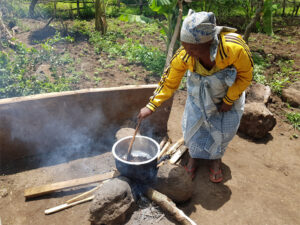
Girls and Women
But even in the cities, girls often do not get a school education. They remain uneducated throughout their lives. It is common for them to get pregnant as teenagers and have children by different men. Often the fathers simply run away and leave them alone. If they stay together, the women are dependent on their husbands. They usually have no property and few rights. The husband can decide to “quit” his wife. She must then leave the family. The decision about the children rests with him. There is no state assistance in the form of youth welfare offices.
Kids
Many children flee their families, go to the cities and live on the streets. It is estimated that there are between 500,000 to 800,000 street children in Tanzania. They have left their families between the ages of 8 and 17 for reasons such as poverty and/or verbal, physical or sexual abuse. There is no support from the state!
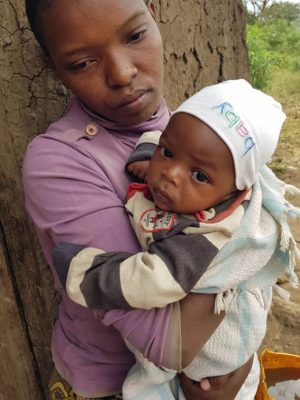
Education as the key
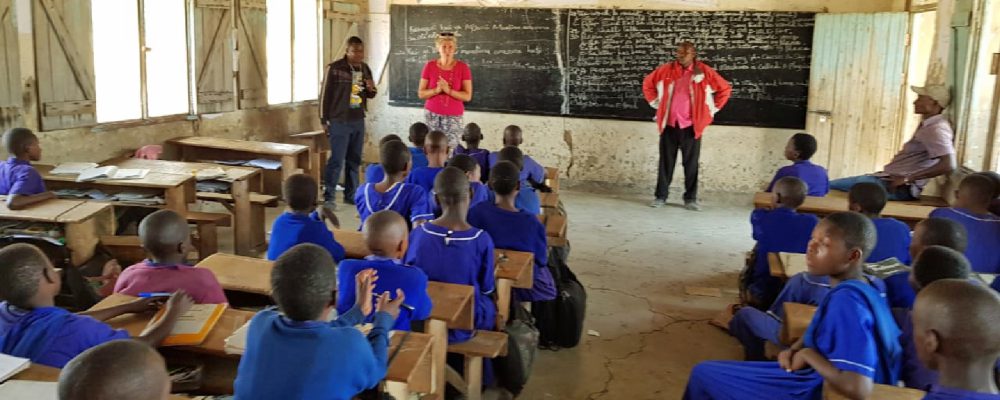
There are far too few kindergartens and schools. Lack of professionals and insufficient qualification of teachers is a problem. In government schools there are 60 – 80 students per class with 1 teacher. A teacher earns between 80 – 120 € per month. In both private and government schools, they often work up to three years without receiving a cent for their work.
There is only one textbook – for the teacher. Students copy from the blackboard and learn only according to these notes. Some days no teacher comes to class at all because there are too few positions. Some teachers already drink alcohol in the morning. Corporal punishment is still common. It is used for bad behavior; however, it also happens that a student is punished just for asking a question.
In addition, many students spend the whole day hungry and tired. Bringing food is not allowed. At school, a child can buy lunch. But since it is not financially possible for most families, these children have to hold out until the evening. No wonder that after a school commute of 1-2 hours and a long school day under these conditions, the performance level is very low. Again, socially disadvantaged children are at a disadvantage.
The Q-RATIO® - Concept
Q-RATIO® stands for bringing each individual to their personal strength. We offer a unique combination of:
- Personal development through Q-RATIO® mental training
- Extensive offers for education, accompaniment and enlightenment
The goal is to create an expanded consciousness and to build healthy roots for the future WITHIN each other. It is thus the basis to create already in small communities like families and schools the basis for the further development of large communities in society.
All interested people are allowed to experience that they themselves are able to improve their situation. To learn how this is possible, we create the necessary conditions and accompany them on their way.
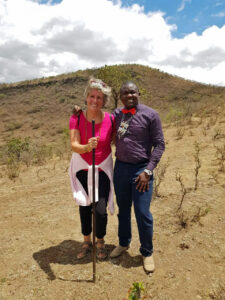
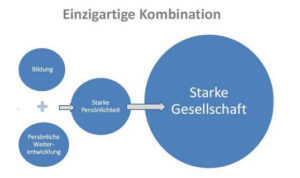
Only by creating educational opportunities for all, as well as mental and practical support, education and guidance, will lasting improvements be possible in the next generations. We want to show people how they can “stand on their own two feet” and improve their living conditions in the future without the help of others.
This idea of self-reliance and thus independence from others is part of all Q-RATIO® educational offers.
